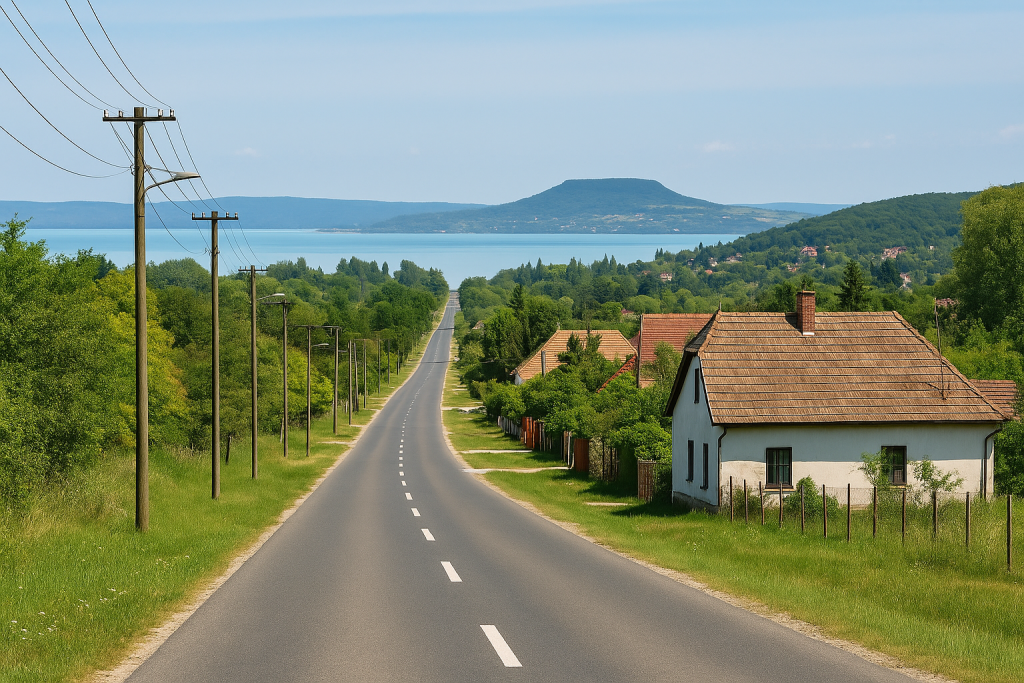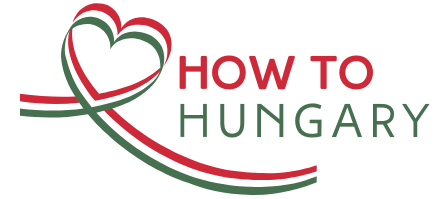I’m writing this from our little winehouse in the countryside, where the only sound is birdsong and the occasional flap of Sümi’s oversized ears as she chases butterflies. Yesterday’s drive down was another story entirely – Whit Monday in Hungary has clearly evolved into the unofficial signal that summer has begun. Every other car on the M7 seemed to have a roof box or a SUP board strapped to it. I suspect most of Budapest is now somewhere near the Balaton with rosé in hand.
But that’s part of the charm of Whit Monday here. It’s not flashy, not particularly commercialised, and you won’t find anyone queuing up for sales or fireworks. It’s a quiet sort of holiday with religious roots and countryside leanings – unless you’re stuck in city traffic, in which case it’s just another long weekend to escape.
What Is Whit Monday?
Whit Monday, known locally as Pünkösdhétfő, is the day after Pentecost Sunday and commemorates the descent of the Holy Spirit upon the apostles. It’s one of those Christian feast days that still holds its place on the Hungarian calendar, even if fewer people can articulate exactly why.
Theologically speaking, Pentecost is considered the “birthday” of the Church – so Whit Monday is a kind of spiritual after-party. For Hungary, it’s a national holiday, which means one very important thing for practical types: everything closes. Or nearly everything.
How Hungary Celebrates Whit Monday
While Whit Monday in Hungary has religious significance, it’s also become a day for nature, family, and getting as far away from the city as possible. That’s not to say the original customs are gone, they just tend to happen quietly, and mostly outside Budapest.
In more traditional towns, you might still find open-air Masses or processions. And if you’re lucky enough to stumble into one of the smaller chapels or village greens, you could still catch some remnants of old Pentecost customs like placing green branches outside homes to symbolise new life and protection.
But most people? They’re either heading to thermal spas, lighting a grill somewhere rural, or standing around in Decathlon sandals at a petrol station, waiting for the loo.
Religious Roots, Secular Reality
Whit Monday in Hungary still carries its original Christian meaning. In the Catholic tradition, it marks the continuation of Pentecost and a renewed focus on the Holy Spirit. In Eastern Orthodox circles, it’s known as the “Monday of the Holy Spirit.”
But even if church isn’t part of your plan, the holiday functions beautifully as a time of rest and retreat – an unspoken “reset button” just before summer truly kicks off. It’s a rare, quieter foil to Hungary’s flashier public holidays like March 15th or August 20th.
Whit Monday Opening Hours in Hungary
On Sunday, June 8, 2025, which is Whit Sunday (Pentecost Sunday) in Hungary, most stores and supermarkets will be closed. The same applies to Pentecost Monday (June 9). Here’s a quick breakdown for those caught off guard:
-
Banks, post offices, and government offices: Closed. Don’t even try.
-
Supermarkets: Most major chains like Spar, Interspar, Penny, Lidl, Aldi, Auchan, Tesco, CBA, and Príma are closed nationwide. Petrol station minimarkets may be open, but with limited selection.
-
Shopping malls: Closed, unless they’re specifically advertising otherwise.
-
Restaurants and cafés: Mixed. Tourist areas (especially in places like Szentendre or Balaton) often stay open.
-
Spas and wellness resorts: Open and usually packed. Book in advance.

A quiet village road winds toward Lake Balaton on Whit Monday, as most of Hungary retreats into countryside calm and long-weekend tradition.
A European Holiday With Regional Flavour
Hungary isn’t alone in treating Whit Monday as a proper holiday. Here’s how it compares:
-
Germany: A national holiday with some local festivals and hikes.
-
France: Officially a “solidarity day” but widely taken as a day off.
-
Austria & Belgium: Fully observed with closures and services.
-
Poland: Celebrated, but with more low-key events.
Hungary’s approach – closing most shops, encouraging countryside escapes, and still maintaining religious services – strikes a balance between heritage and practicality.
My First Whit Monday Realisation
Our first Whit Monday in Hungary caught me slightly off guard – not because I didn’t know it was a public holiday, but because I underestimated just how thoroughly things shut down. I’d pencilled in a dental check-up, thinking the day-after-Pentecost might still mean business as usual. It didn’t. The clinic was closed, the bakery had a sign saying “Pünkösdhétfő – zárva”, and Budapest had taken the day off without telling me directly.
It wasn’t a disaster – just a quick reminder that Whit Monday in Hungary isn’t just a quiet footnote in the calendar. It has weight, rhythm, and real-world consequences like silent streets and fully booked spas. These days, I treat it with the respect it’s due. No appointments, no errands. Just grilled vegetables, a chilled glass of something local, and one outrageously lazy Biewer Terrier.
Useful Links for Whit Monday in Hungary
-
Hungarian government holiday calendar: kormany.hu
-
Visit Hungary travel and event ideas: visithungary.com
-
For holiday opening hours, Google Maps is your best bet. Look for adjusted hours and temporary closures.
For more practical info on Hungary’s calendar, check out the Holidays section in HOW TO HUNGARY: Budapest & Beyond – my go-to guide for real-life tips from someone who’s actually done it.

Anikó Woods is a Canadian-Hungarian writer, technology specialist, and digital strategist who swapped Toronto traffic for Hungarian bureaucracy. She’s the creator of HOW TO HUNGARY: Budapest & Beyond. Since moving to Hungary in 2017, she’s been deep in the paperwork trenches – fact-checking, interviewing experts, and helping others make sense of the madness. Her writing turns chaos into clarity, with a few laughs (and wine recommendations) along the way.

0 Comments